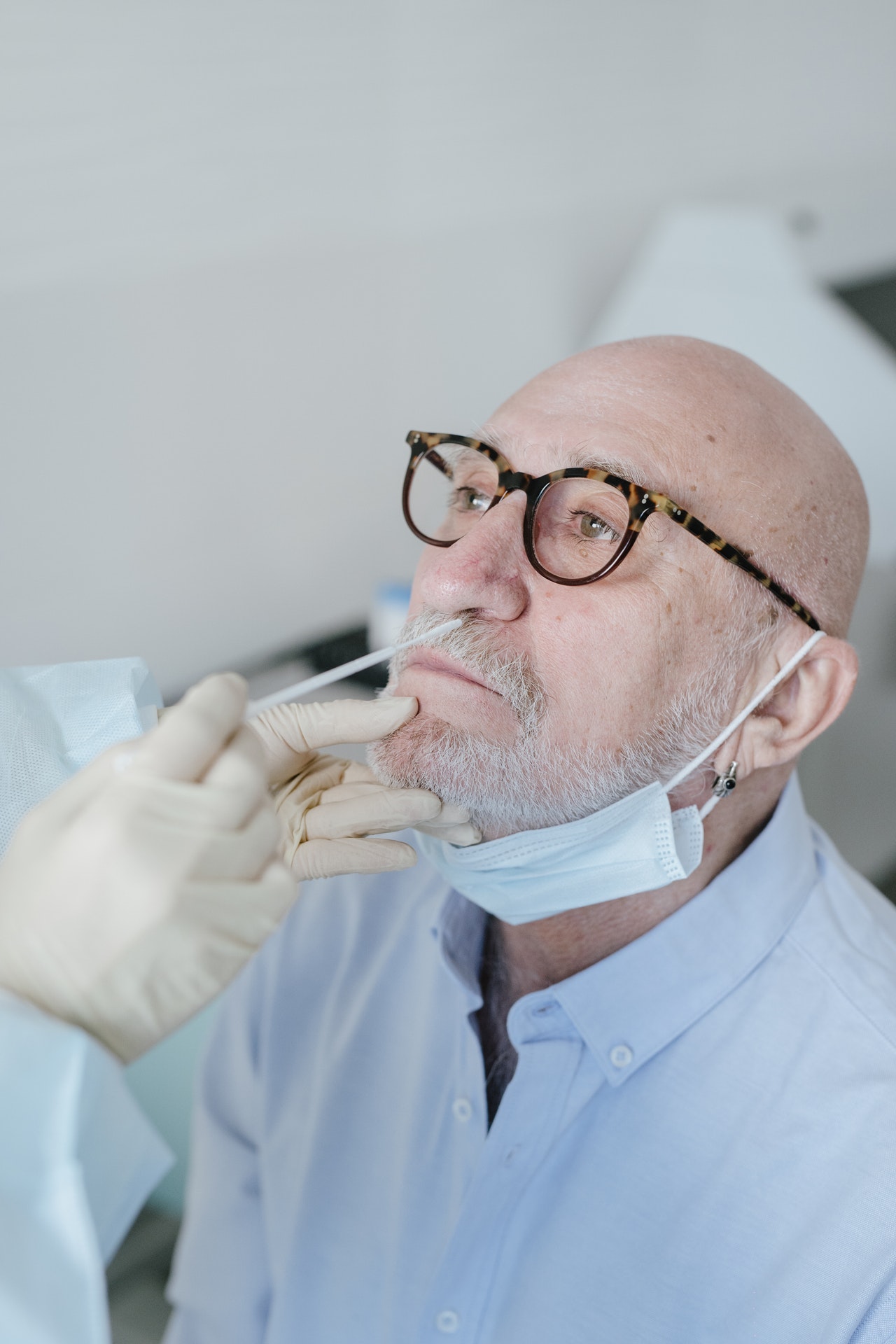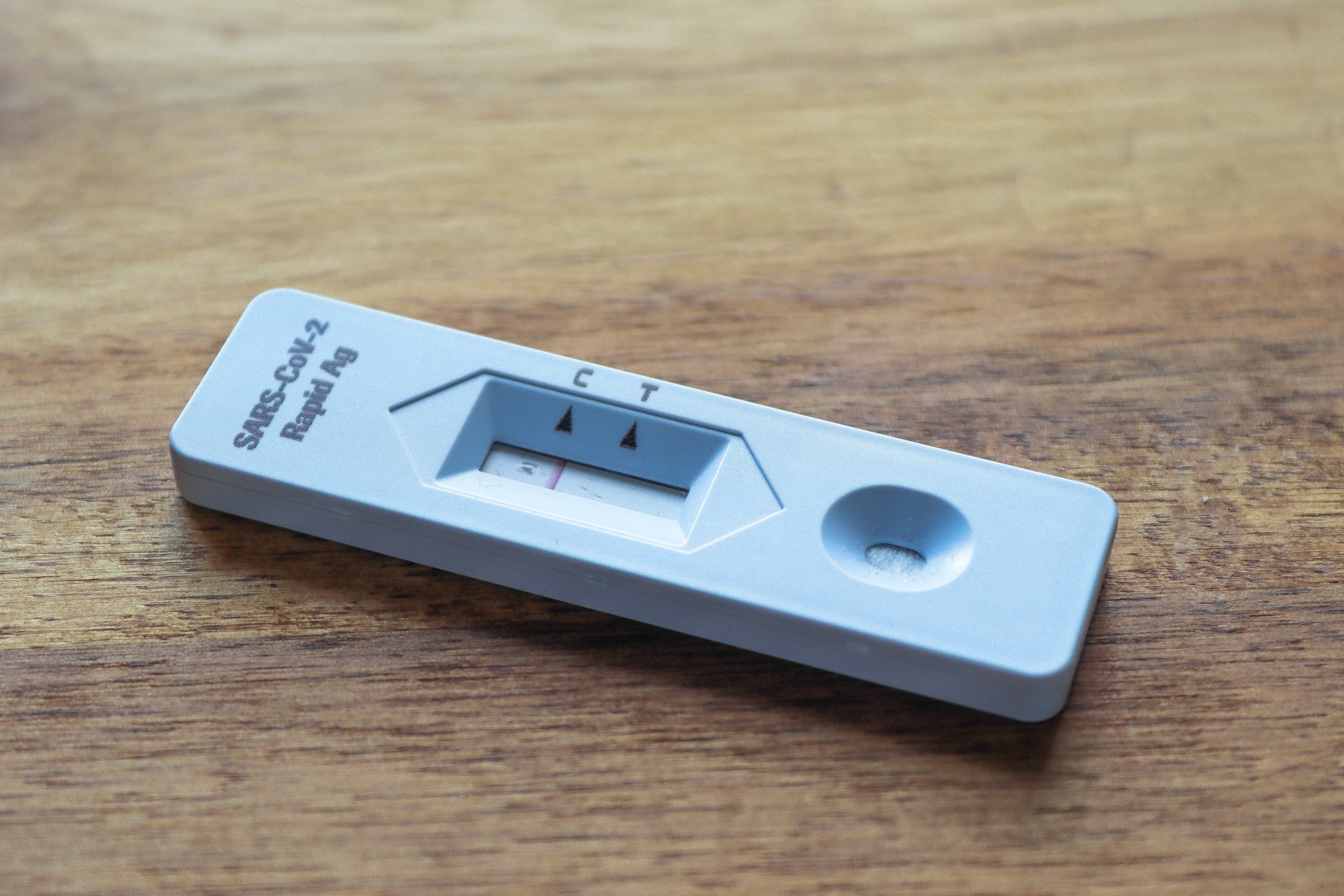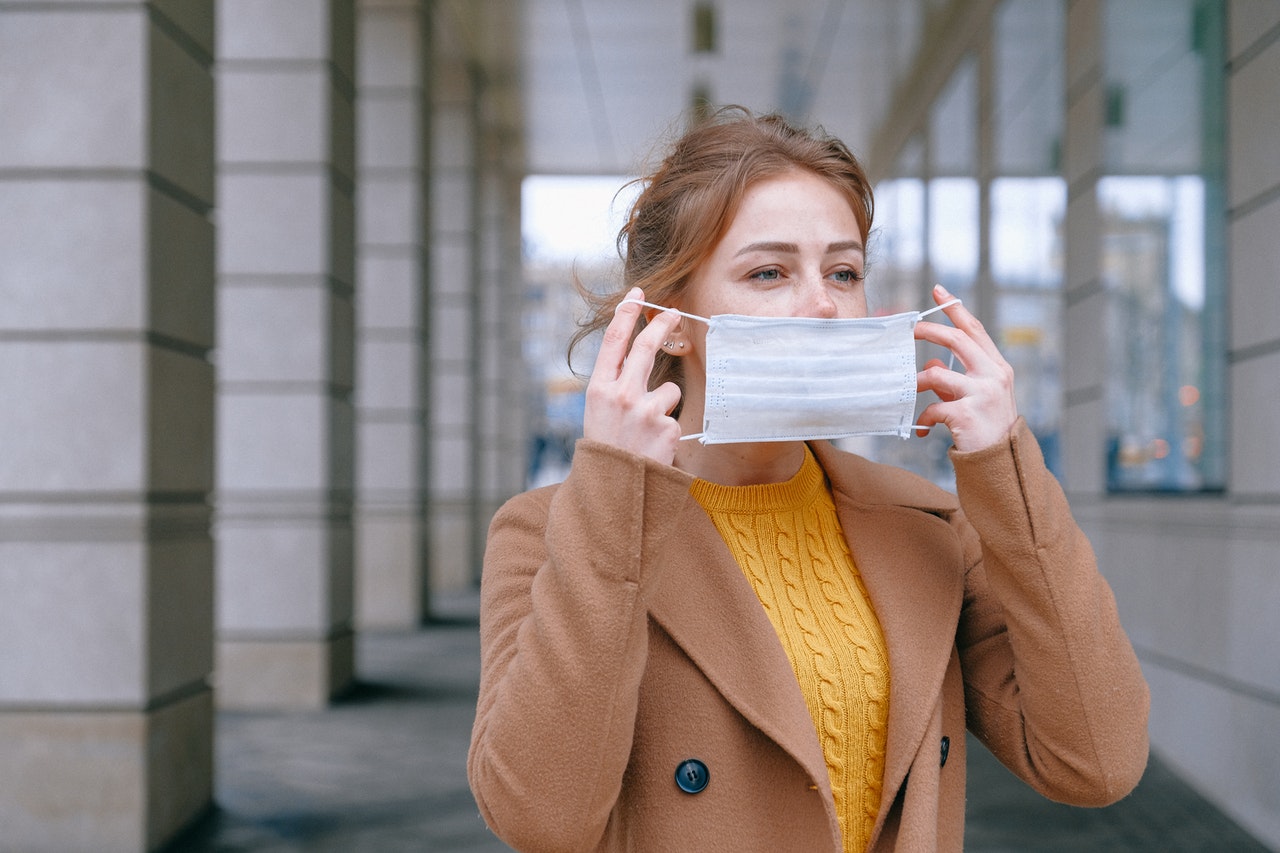While Covid-19 has made travelling more complex, it is essential to be informed before flying off to the sun. The methods vary depending on where you’re going, but testing before and after your trip is now required. There is no longer a need to isolate for ten days after returning to the UK for vaccinated travellers, although a PCR test in Glasgow is still necessary two days afterwards. Unvaccinated travellers however must have two tests, a PCR test on day two and eight days after returning from abroad.
Why Is A PCR Test Required To Travel?
A polymerase chain reaction (PCR) test identifies an organism based on its genetic composition. Most countries use PCR and RT-PCR to detect the virus in a person. As a consequence, all visitors must pass the test in order to be allowed entrance into the UK. Most airlines will ask for a negative PCR test before boarding to safeguard their own and the crew’s safety. Governments and airlines can refuse entry to people that have not received a negative PCR test result in the timeframe 72 hours before a flight. Travel restrictions and measures vary from nation to nation. Knowing which countries require the negative PCR test on entry, which types of testing are required depending on the vaccination status, and which governments do not require any tests is critical when travelling abroad or domestically.
Two Types Of Covid-19 Tests
COVID-19 testing serves many purposes. It allows persons with COVID-like symptoms to determine if they are infected and need to self-isolate and their contacts (even those who do not have symptoms) to do the same. There are two types of testing: viral tests, which search for the presence of virus in your body, and antibody tests, which seek for indicators of SARS-CoV-2 immunity induced by past infection.

Viral Tests
PCR tests
These are based on a popular laboratory technique known as polymerase chain reaction (PCR), which detects minute amounts of genetic material within materials — in this case, SARS-CoV-2. Because it is a susceptible and accurate test, PCR testing is commonly considered the gold standard for COVID-19 detection. It does, however, need specialized equipment and training, as well as specific reagents. Backlogs may occur if any of these are in limited supply.
Saliva Tests
PCR tests that utilize saliva rather than swabbing the nose and throat, which some people find painful, are also being developed. These tests seem less sensitive than traditional swabs, but they may be better suited for specific populations, such as youngsters.
Rapid PCR Tests
Unlike standard PCR, these tests may be conducted with little training using portable table-top devices, and they guarantee a result in 30 minutes. DnaNudge, an Imperial College London spin-off, has created one such test. The UK government ordered 5.8 million kits in August, which it expects to use in hospitals and nursing homes to identify and isolate COVID-19 patients quickly. According to recent research, the diagnostic accuracy of this test for COVID-19 is comparable to traditional PCR testing.
Pooled Testing
This is another option presented to boost nations’ testing capacity and speed up the turnaround of viral tests. The Red Cross previously used it to test donated blood for HIV, Zika virus, and Hepatitis, and it was trialled in the San Francisco Bay region in the context of SARS-CoV-2. Rather than doing a PCR test on every sample received, labs combine samples from numerous persons and test them as one.
Antigen Tests
Antigen testing reveals proteins on the surface of SARS-CoV-2 rather than identifying genetic material from the virus. They still need a nose or throat swab, although saliva tests are being developed. Antigen testing is significantly quicker and less expensive than PCR tests. For example, the US Food and Drug Administration recently gave emergency-use permission to a credit-card-sized testing gadget created by Abbott Laboratories that does not need a laboratory or equipment for processing, provides findings in 15 minutes, and costs just $5.

Antibody Tests
Rather than identifying present infection, antibody tests seek to identify earlier SARS-CoV-2 exposure by detecting one sort of immune response – antibody formation by B cells. Their presence in the blood indicates that a person has been exposed to the virus and may signal that they are immune to future infection. This does not mean you haven’t had Covid-19 or that you are immune to it; antibodies may develop later, or other immune responses may be engaged in fighting the virus.
Scheduling Your PCR Test Glasgow
When you schedule the PCR Test Glasgow, you will get an email confirming your reference booking number which will subsequently be used in the passenger locator form. If you need to schedule a PCR test for travel in Glasgow, you can order one directly on the Randox website or the government website that shows all the accredited PCR test providers.


